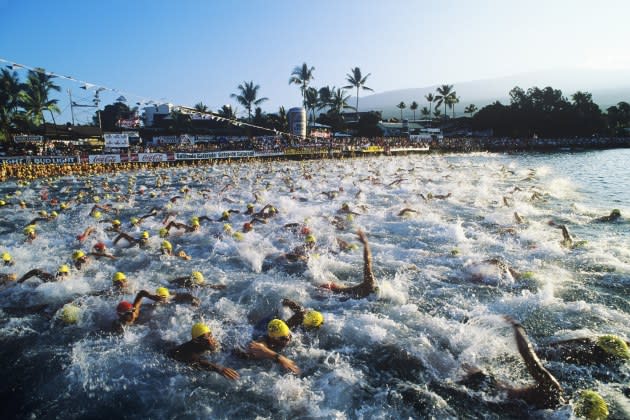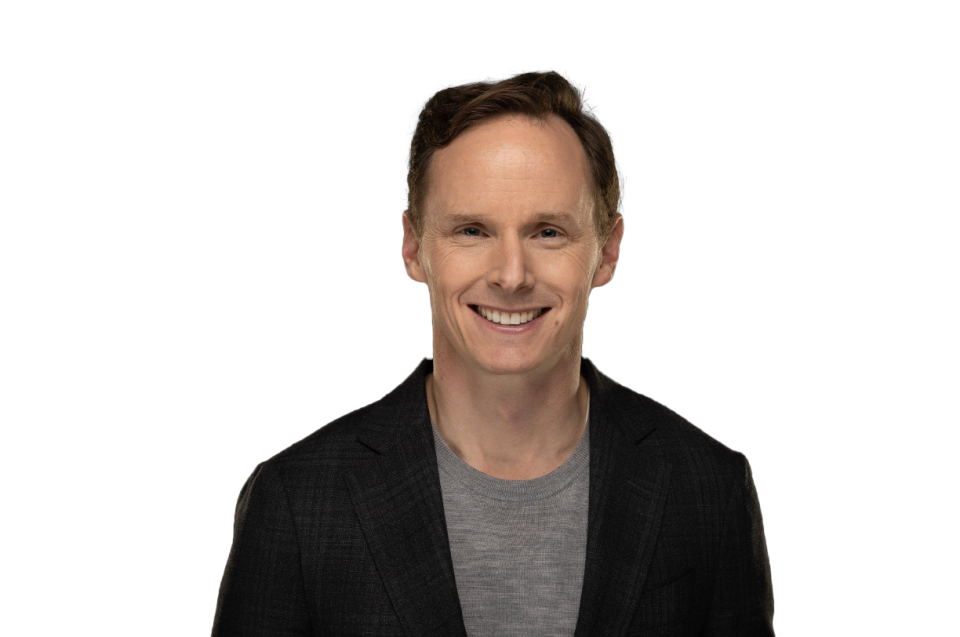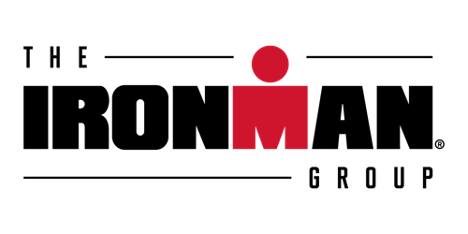Ironman Group Names Equinox’s Scott DeRue CEO
- Oops!Something went wrong.Please try again later.

The Ironman Group has poached a top executive from Equinox to be its new head honcho.
The world’s largest operator of mass participation sports has tapped Equinox president Scott DeRue to be its new CEO, effective Monday. He will also join the Ironman Group’s board of directors.
More from WWD
Inflation Inches Back Up in December, Capping a Year of Declines
Abercrombie & Fitch and Lululemon Raise Guidance After Holiday Gains
DeRue succeeds Andrew Messick, who revealed his retirement in July 2023 after 12 years as CEO. Messick will remain a member of the board and will serve as an adviser to DeRue to ensure a smooth transition.
At Equinox, DeRue oversaw a global health and wellness business that included 107 fitness clubs, a connected fitness platform, a large personal training and coaching practice, and digital commerce and media properties. During his tenure he helped the company navigate the pandemic and achieve significant operating performance. Prior to Equinox, DeRue served for five years as dean of the Stephen M. Ross School of Business at the University of Michigan. Before that, he spent more than a decade on the faculty of the school and was recognized as one of the 50 most influential business professors in the world. He began his career with the Monitor Group (now part of Deloitte) as an analyst for the company’s private equity business.

DeRue is a passionate endurance athlete and has completed the 250 km Gobi March ultramarathon; summited Everest, Denali, Elbrus, Vinson and Aconcagua, and led teams to the peak of Mt. Kilimanjaro.
“This is a dream come true for me,” DeRue said. “I’ve dedicated my entire career to creating life-changing experiences whether through education, health and fitness or sport. It is deeply personal for me and gives me a sense of purpose. Endurance sports in general and the Ironman Group is the ultimate expression of human experience.”
The Ironman Group organizes hundreds of events in more than 50 countries across the sports of triathlon, road running, trail running, road cycling and mountain biking and offers digital training platforms and programs for athletes. It is owned by Advance, the private-held family-owned company that also owns Condé Nast and American City Business Journals, and Orkila Capital, a growth equity firm. Its flagship event is the Ironman triathlon, which consists of a 2.4-mile swim, 112-mile bike and a 26.2-mile run.
“Scott is a dynamic leader with a unique track record of driving transformation and growth in different roles and environments,” said Janine Shelffo, group president and chief growth and strategy officer at Advance. “He deeply respects the passion of endurance athletes driven to do hard things and understands how that leads to personal transformation, having experienced it personally as an endurance runner and mountaineer.”
Jesse Du Bey, managing partner of Orkila Capital, added, “The Ironman Group leadership team is full of amazing people with decades of experience in endurance sports. Scott will bring a fresh perspective, which combined with respect for the legacy of The Ironman Group’s historic brands, an understanding of the importance of customer-centricity, and focus on innovation, will be a great thing for our sport, communities, and company.”
“I am honored to join and lead this purpose-driven organization that for 45 years has consistently tested the boundaries of human achievement and underscored the belief that ‘Anything is Possible’,” said DeRue, quoting the Ironman mantra. “My life has been deeply enriched by being part of the global endurance community and I feel incredibly fortunate to lead The Ironman Group in its mission to inspire people to be the best version of themselves through testing the limits of their physical and mental strength.”
Since the pandemic, Ironman, and endurance sports in general, have had to navigate a number of challenges. While participation in traditional triathlons fell 3.7 percent over the past five years, according to the Sports & Fitness Industry Association’s 2023 participation report, the Ironman remains popular. The New York Times reported that participation has risen from 15,500 registrations for full-distance Ironman triathlon events in 2005 to some 94,000 registrations for full-distance Ironman races in 2022.
“Certainly the pandemic had an impact on demand and it slowed, but we’ve seen a very strong recovery in terms of demand for triathlon globally and that’s certainly true for Ironman Group,” DeRue said. “And we’re really encouraged by the trajectory of that demand. The passion that people have for endurance, in particular long-distance triathlon, is, we think, a growth story going forward and that is true across the globe. We’re very bullish on the future of triathlon and thinking about how to engage the athletes in new and different ways.”
One decision made by Messick that has received stern criticism was made last year when Ironman announced its storied world championship race held in Kona, Hawaii, would now separate the men’s and women’s races and they would take place over two days in two cities: Kona and Nice, France. The deal was signed through 2026 with men and women switching locations every year.
DeRue said he will explore that issue and others once he settles in. “With any change like that, there are certainly going to be people who have a diverse set of perspectives and I really want to engage and listen and understand those perspectives. What is encouraging is that the race in Nice this past season went extraordinarily well. Obviously, Kona in Hawaii is historic and iconic so before I presume a particular path forward again, I really want to listen and learn from our community.”
In addition to triathlon, DeRue said he sees opportunities for Ironman Group to benefit from the popularity of other sports such as trail running, which he said is “one of the fastest growing sports,” and pointed to Ironman Group’s recent partnership with UTMB Group to create an ultra-distance trail running series. “We’re deeply committed to triathlon but excited about the possibilities in other sports,” he said.
When the UTMB deal was revealed in 2021, there was some backlash from trail running enthusiasts who were afraid the partnership would lead to the commercialization of their sport.

Ironman has long embraced merchandising opportunities for its brand, selling everything from dog bowls and floor mats to mugs sporting the logo aficionados call the M-dot. But the apparel and footwear along with watches, sunglasses, hats and other accessories from partners including Hoka, Roka, Lululemon, Santini, Breitling and others, represents the biggest opportunity for the company.
“There are not many brands that people tattoo on their bodies,” DeRue said. “I think there is a world of possibility and opportunity with regards to product and merchandising, and my focus in these early days is really immersing myself into our community, understanding their needs, their wants, their desires, partnering with our merchandising team at the Ironman Group, learning from them and really thinking about what the vision could be.”
He added that he sees a big opportunity to merchandise not only on a global scale but at the local level as well.
Best of WWD

